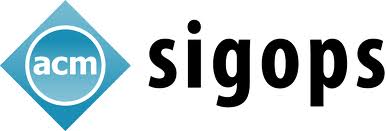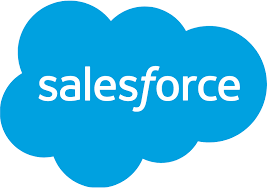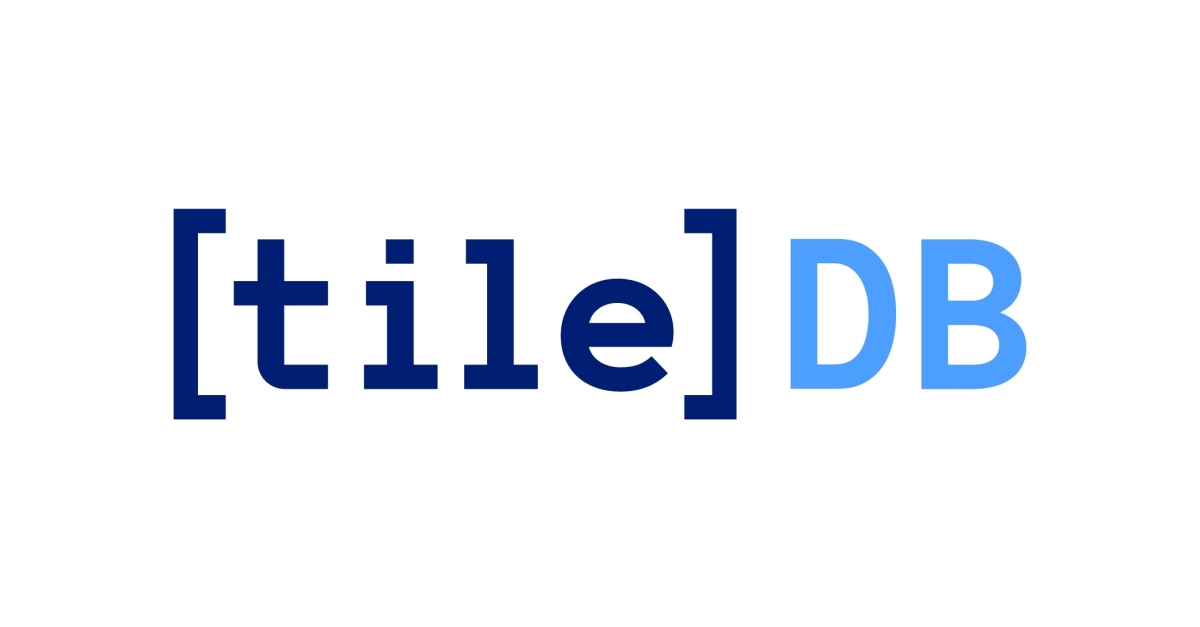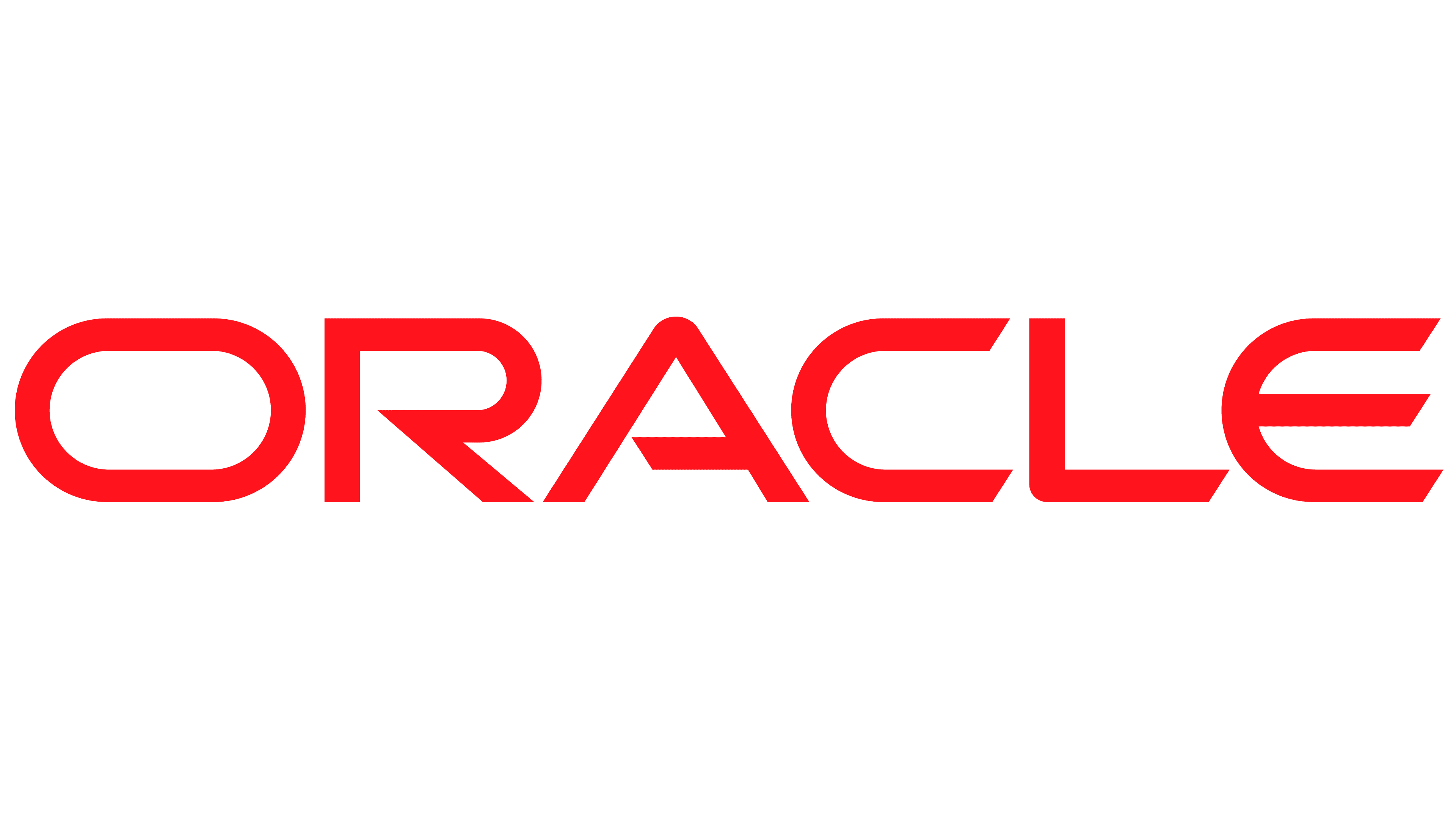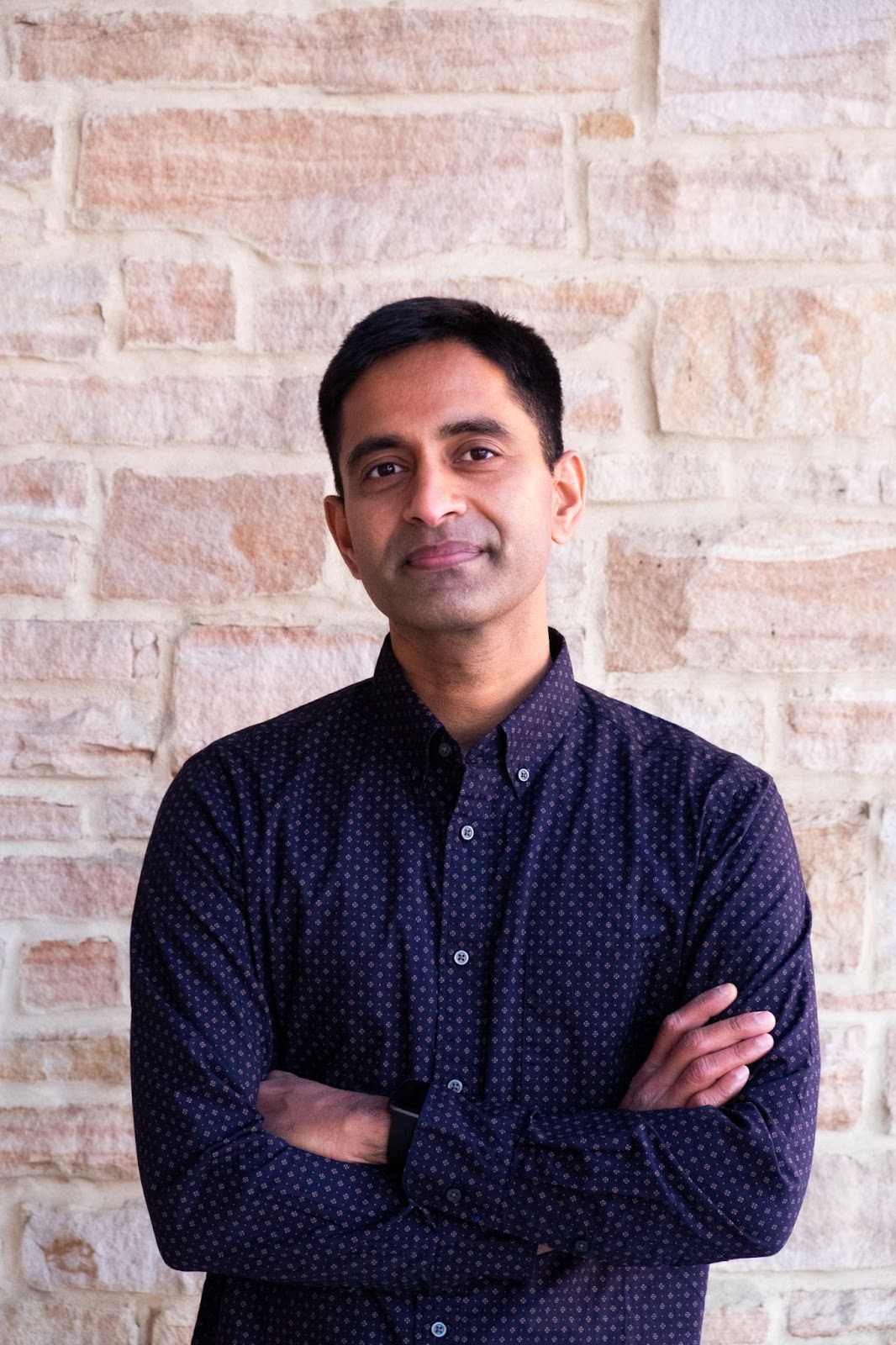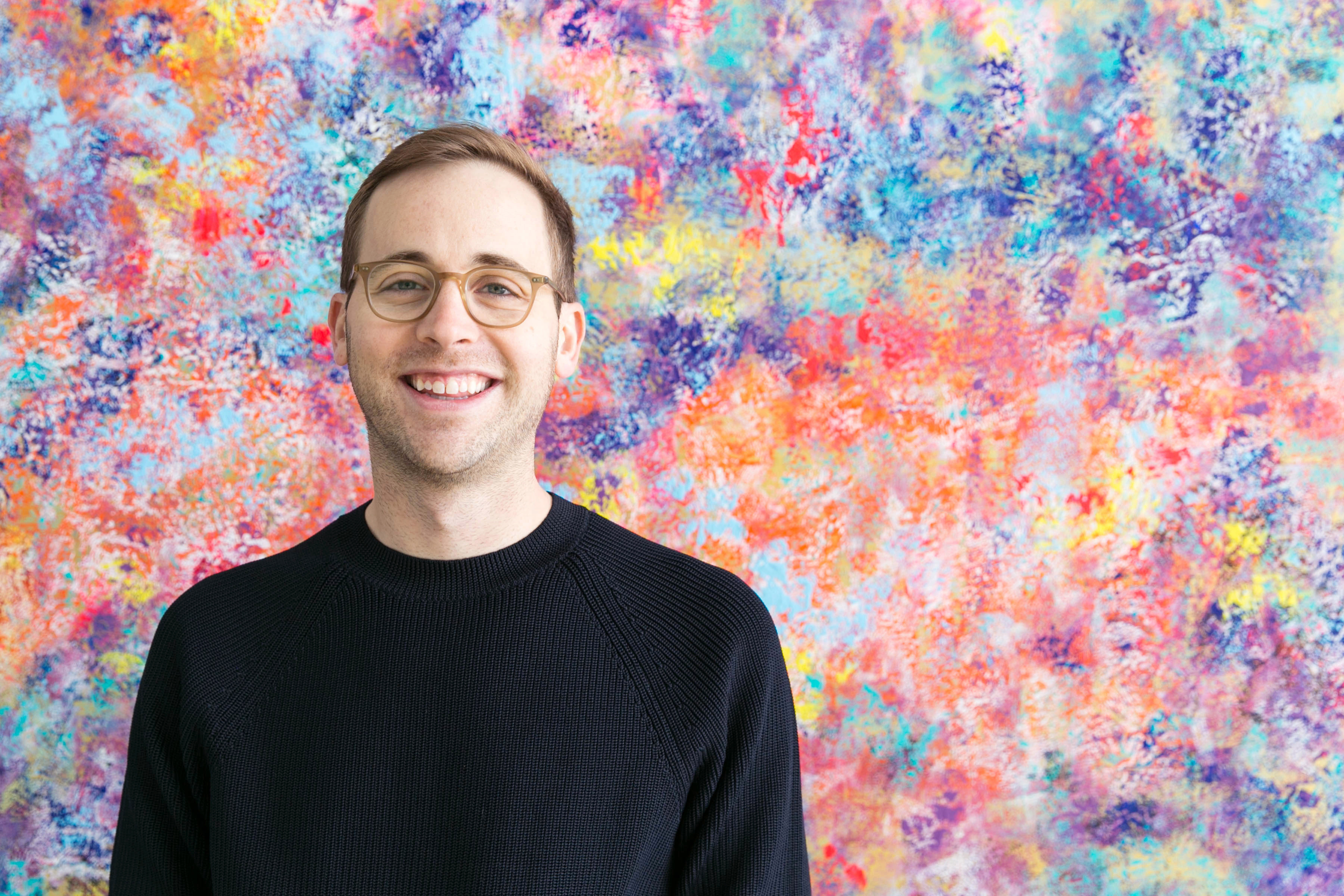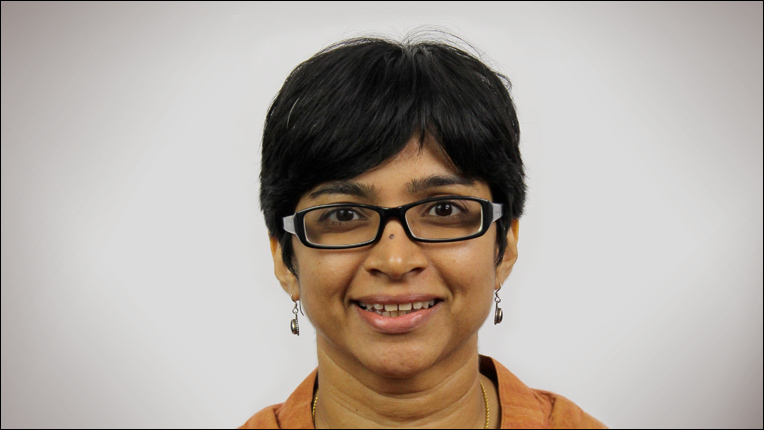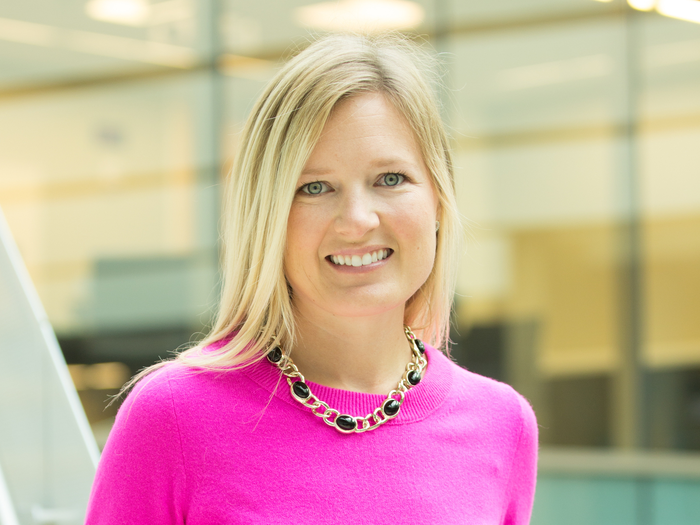Aditya Akella (UT Austin)
Abstract
Over the past few years, networking advances have spurred fundamental transformations in cloud computing. Technologies such as software defined networking, network virtualization, and high-bisection fabrics have simplified cloud design and operation, brought exciting new workloads to the cloud, and helped lower the bar to cloud adoption. Networking is poised to bring even more interesting and fundamental transformations to the cloud over the next few years. In this talk, I will describe several promising networking ideas, spanning high-performance fabrics and network stacks, programmable hardware, abstractions for network automation, and novel inter-domain protocols and services. I will discuss the tantalizing opportunities these ideas offer for cloud computing, and the fundamental new research and practical challenges they introduce. I will conclude my talk with observations on what it would take for our research community to make rapid and meaningful progress in this space.
Bio
Aditya Akella is a Regents Chair Professor of Computer Science at UT Austin and a software engineer at Google. Aditya received his B. Tech. from IIT Madras (2000), and PhD from CMU (2005). His research spans computer systems and networking, with a focus on programmable networks, formal methods in systems, and systems for big data and machine learning. His work has influenced the infrastructure of some of the world’s largest online service providers. Aditya has received many awards for his contributions, including being selected as a finalist for the US Blavatnik National Award for Young Scientists (2020 and 2021), UW-Madison “Professor of the Year” award (2019 and 2017), IRTF Applied Networking Research Prize (2015), SIGCOMM Rising Star award (2014), NSF CAREER award (2008), and several best paper awards.


